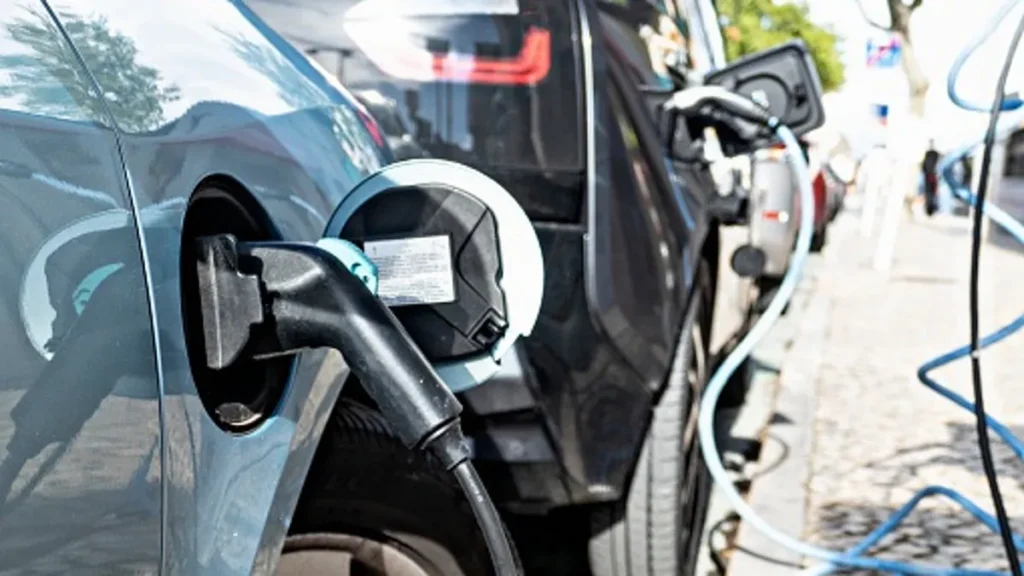- Chinese firm Chery invests $20 million in Kenya to tap the growing demand for electric mobility
- He added that a $20-million investment is expected to create about 3,000 direct and indirect jobs in the country.
- Shan also revealed that Chery’s entry into the Kenyan market is a result of the cordial and long-standing relations between the two countries.
Chinese vehicle firm Chery will invest $20.1 million (Sh2.62 billion) in Kenya to scale up the production of Electric Vehicles (EVs).
The deal, signed on Saturday, was in partnership with Kenyan firm Afrigreen Automobile, that will see the construction of an assembly plant to produce electric vehicles locally.
Ministry of Investments, Trade and Industry, Principal Secretary Abubakar Hassan Abubakar said the cooperation is expected to boost the uptake of EVs in the country by making them more affordable and accessible.
“The assembly plant will help the transport sector to become greener as we currently have about 4,000 e-vehicles against a population of about 1.7 million cars on the roads,” Hassan said.
The event attracted a high-level delegation from East China’s Anhui Province as well as senior Kenyan government officials.
He added that a $20-million investment is expected to create about 3,000 direct and indirect jobs in the country.
Additionally, Director of Chery International for Central Africa Region, Hai Wei, said Kenya was selected to house the assembly plant because of its skilled workforce and position as an economic hub in Africa.
Hai added that Chery has 26 years of innovative research that can help produce cars suited for the local market.
Chinese Firm Chery Invests $20 Million in Kenya
Vice-governor of Anhui Province, Shan Xiangqian, said the cooperation between the two firms will help enhance Kenya’s image as a center for e-mobility.
Shan also revealed that Chery’s entry into the Kenyan market is a result of the cordial and long-standing relations between the two countries.
Furthermore, Nishant Mishra, global head of Future Mobility of Afrigreen Automobile, said the plant should be operational in the next one month with a capacity to produce between 5000 and 6000 EVs annually.
Mishra added that they will begin production of the Omoda sport utility model because it is suited for both urban and rural terrain and branch out to pickups next year.
According to the Sky quest Electric Car Market Insight Report for 2023,the global electric car market was valued at $341.34 billion (Sh44.63 trillion) in 2022 and grew to $388 billion (Sh50.54 trillion ) in 2023.
Data from the Energy and Petroleum Regulatory Authority (EPRA) shows that the National Transport and Safety Authority registered a record 2,694 electric vehicles (EVs) in 2023.
This was a significant increase from the 475 units the previous year. Notably,the total number of EVs registered in the country by the end of 2023 stood at 3,753.
Read Also: Decarbonizing transport: Exploring e-mobility in Africa
EPRA says the jump is attributed to the introduction of the e-mobility tariff, reduction of excise duty on EVs from 20 percent to 10 percent, and exemption of fully electric cars from value-added tax.
The burgeoning EV industry in Africa is mostly concentrated in countries with favorable conditions for long-term growth. Some countries such as Ethiopia, Kenya, Nigeria, Rwanda, and Uganda, are forerunners in adoption and make up 45% of Sub-Saharan Africa’s population and 60% of its vehicle sales.
To be willing to switch from an internal combustion engine (ICE) vehicle to an EV, respondents say their vehicles should be able to travel an average of 437 kilometers on a full charge. In another shift, 47 percent of prospective EV buyers surveyed say they are willing to purchase their vehicles online, showing that the sales process is also evolving.
